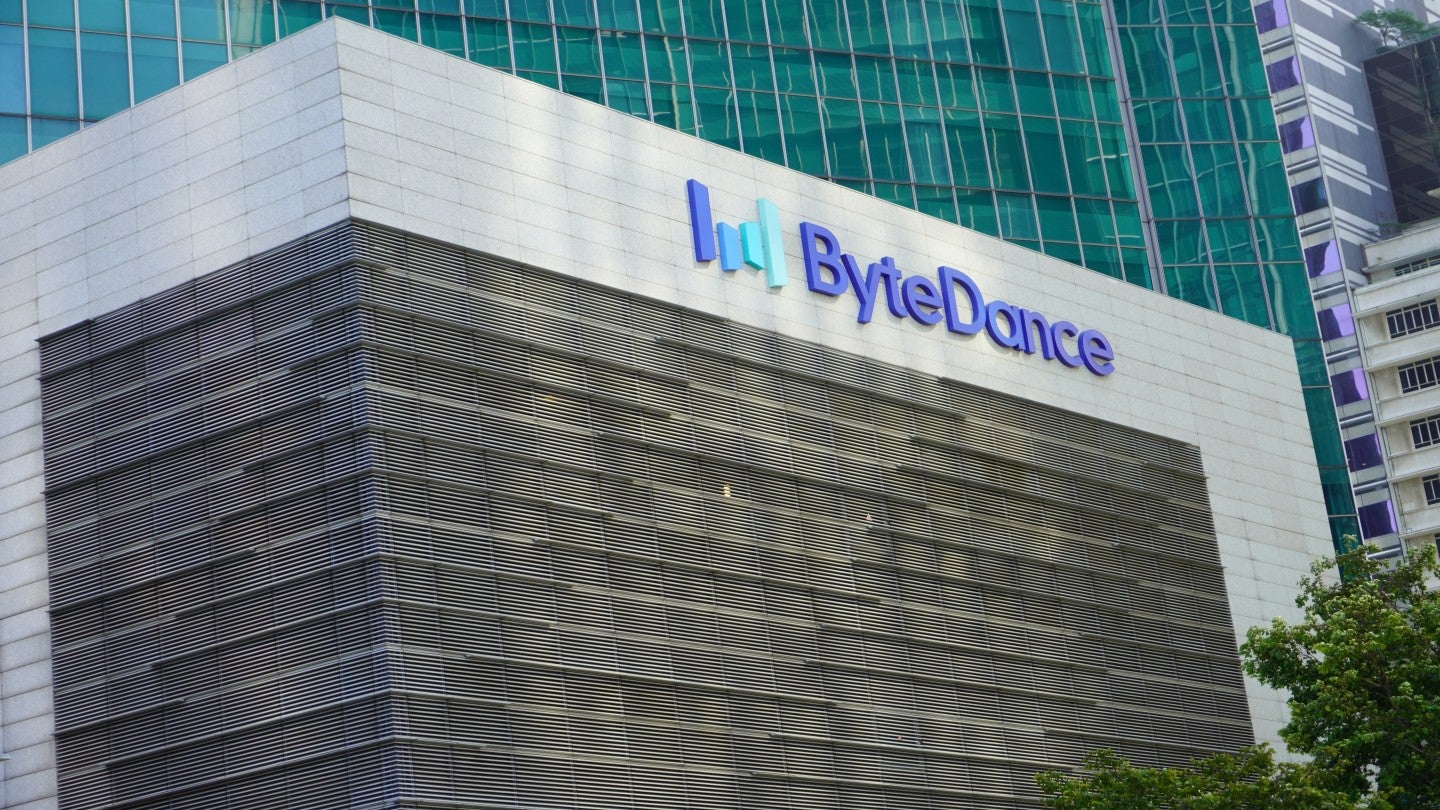
ByteDance is devising plans to invest $7bn in cloud-based graphics processing units (GPUs) to circumvent US restrictions on exporting advanced chips to China, The Information reported citing sources.
The company aims to rent access to Nvidia’s GPUs via data centres outside mainland China, avoiding direct purchases.

Access deeper industry intelligence
Experience unmatched clarity with a single platform that combines unique data, AI, and human expertise.
ByteDance founder Zhang Yiming is said to be negotiating with data centre operators in Southeast Asia and the Middle East to secure access to Nvidia’s upcoming Blackwell GPUs.
Sources indicate ByteDance’s AI investments will outpace rivals such as Alibaba Cloud, Tencent, Baidu, and Huawei.
The restrictions imposed by the US administration are aimed at preventing Chinese companies from buying advanced processors due to national security concerns.
Consequently, Chinese tech giants, including ByteDance, are renting access to chips.

US Tariffs are shifting - will you react or anticipate?
Don’t let policy changes catch you off guard. Stay proactive with real-time data and expert analysis.
By GlobalDataByteDance is already using data centres abroad for Nvidia’s Hopper AI GPUs, which cannot be exported to China.
The US government may still obstruct ByteDance’s plans, reports suggest.
Reports of potential rules to restrict Chinese companies from renting US cloud provider chips surfaced last year.
Proposed regulations could designate companies such as Google and Microsoft as “gatekeepers” of AI chips, requiring them to report customer information to the US government.
Chinese companies are employing various strategies to bypass US restrictions.
For example, Chinese AI startup DeepSeek developed an open-source language model competing with OpenAI’s GPT-4o using Nvidia’s downgraded H800 chips, permissible for sale in China.
DeepSeek’s model was trained at a cost of $5.6m, significantly less than its competitors.
In November 2024, ByteDance announced that the company is enhancing its Doubao chatbot with a new AI video generation feature, bolstering its presence in China’s rapidly expanding generative AI market.







